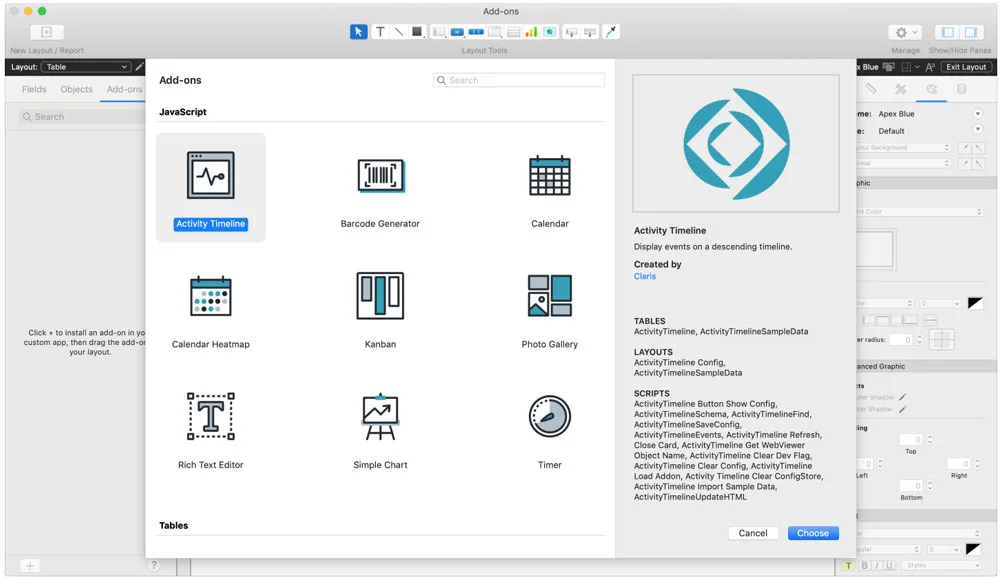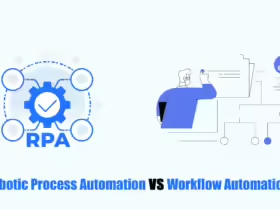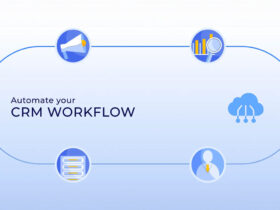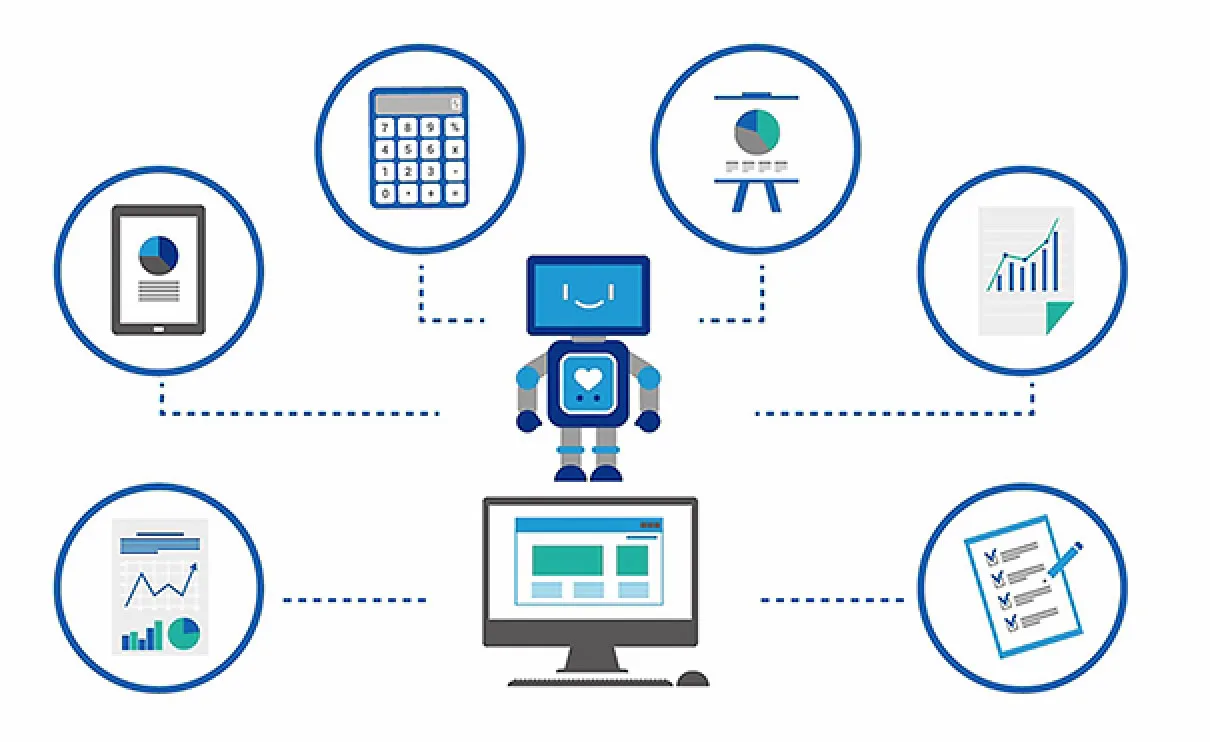If you’re still using basic forms and spreadsheets, there’s a simpler solution.
Claris FileMaker Pro helps you store, manage, and use your important information in one place. Our team has built various tools with it, like databases and CRMs.
It’s a powerful tool for businesses wanting to create reports faster and improve workflows. If that’s you, you should learn more about this easy-to-use platform.
Let’s explore what is FileMaker Pro and who does need to use it?
What Is Filemaker Pro?
FileMaker Pro is a flexible, easy-to-code database app. It’s often used for quick app development. With expert help, you can use it to build custom apps by importing and exporting data.

Its user-friendly interface lets teams easily find, filter, and organize data. Each FileMaker database file can hold various elements like fields, menus, layouts, and scripts.
Think of FileMaker as a versatile tool for creating custom data apps. You control who can access the data and from where. It works on all types of devices.
Plus, FileMaker integrates with web technologies like HTML and JavaScript, helping your team work more efficiently and save resources.
When Is FileMaker Pro Used?
FileMaker Pro serves many roles, but here are some common uses:
- Creating automatic reports as PDFs and Excel files.
- Sharing data online instantly.
- Building surveys, forms, and registration pages.
- Customizing databases and modifying templates.
- Securely accessing data from anywhere.
- Managing files directly within the system.
- Logging and checking scripts for errors.
- Setting access roles for different users.
Basically, FileMaker helps you gather, organize, and analyze data so your team can use it effectively.
Who Is Using FileMaker Pro?
Let’s discuss who benefits from FileMaker Pro. The quickest approach is to look at the industries and customers that are currently using this platform in their workflow.

Reports from many FileMaker experts show the biggest users are in: Computer Software, Education Management, and Higher Education.
Also, many FileMaker users are small and medium-sized businesses (SMBs) with less than 50 employees. FileMaker Pro is great for SMBs because it’s fast, affordable, and customizable.
Benefits of Using FileMaker Pro
We’ve covered what FileMaker Pro does, but what are the advantages? Why choose it over Excel or Google Sheets?
The FileMaker platform offers custom software solutions that enhance: file-sharing, business planning, reporting, accounting, contact and lead management, and project management.
And there’s more. With FileMaker Pro, your company can also benefit from…
Flexible Use
Works on any device, Mac or PC. As a web platform, it’s accessible from almost anywhere. This cross-platform ability lets teammates collaborate easily from any device, like phones or laptops.
User-Friendly Interface
FileMaker Pro has a strong dashboard with customizable interfaces. This provides a great user experience, helping your team work quickly and efficiently. FileMaker professionals can build an interface tailored to your tasks and goals.
Easy Access to Data
Our world has changed a lot in the last decade. Remote work and flexible offices are more common. In 2021, many employees worked from home at least some of the time. Companies now need data solutions that work anywhere, anytime. FileMaker Pro can provide that, even without a constant internet connection.
Rapid Development
Businesses are used to long timelines for custom software. FileMaker often surprises them by delivering much faster. Developers can build your team’s needed application in just weeks.
Drawbacks of Using FileMaker Pro
Technical limitations can have a negative impact on business operations, such as reduced productivity, increased operating costs, and even lost business opportunities. So, what are the identified weaknesses of FileMaker Pro?
Scalability: FileMaker Pro’s architectural design is suitable for small and medium-sized databases, but it often has problems when managing larger, more complex data sets, leading to reduced performance.
Speed: Uses indexes to aid in searching and establishing connections between tables. This indexing speeds up searches, but it also increases file sizes, which can lead to speed issues.
Cloud Integration: Businesses are increasingly relying on cloud services and software for their business operations. However, It has limitations with cloud capabilities, especially when it comes to data access and remote working capabilities.
Web & Mobile: FileMaker Pro’s mobile-first approach, while its web integration and mobile support are limited, can reduce performance and negatively impact the user experience.
Limited Support: The standard Claris FileMaker license includes limited support, which typically covers basic installation procedures. Businesses that need support for scripting, development, and hosting issues must hire an expert, either in-house or external, to manage their FileMaker Pro needs.
Licensing: FileMaker Pro requires a separate license for each computer using the software and is not transferable between multiple users. Therefore, it can be costly for businesses.
FileMaker Pro Alternatives
Now that we have a better understanding of FileMaker Pro’s features, benefits, and drawbacks, we can move on to exploring other prominent platforms that could replace it.
Low-code platforms are incredibly diverse. Different vendors employ different strategies to help teams optimize their internal data operations.
Some tools aim to limit users within their platform for both the database and the application builder. And others provide both an internal database and easier external data management.
Platforms vary in the user groups they empower to build solutions. Vendors can target non-technical users, professional developers, and everything in between.
Our top recommended alternatives to FileMaker are:
- Budibase
- PowerApps
- Retool
- Appian
- Mendix
- OutSystems
- Airtable
- Zoho Creator
Conclusion
In short, FileMaker Pro is a low-code tool for creating and managing databases, as well as developing applications that use the stored data. It is available as a locally installed package on both Windows and Mac operating systems, and is also available as a cloud service.
In addition, FileMaker offers dedicated functionality for deploying native web and mobile applications. For users with technical expertise, it also offers integration with JavaScript, PHP, HTML, XML, and other development tools.
That’s all the information to answer the question “What Is Filemaker Pro?”. I hope you can better understand the features, benefits, and disadvantages of Filemaker as well as know some other alternatives that you can consider.









